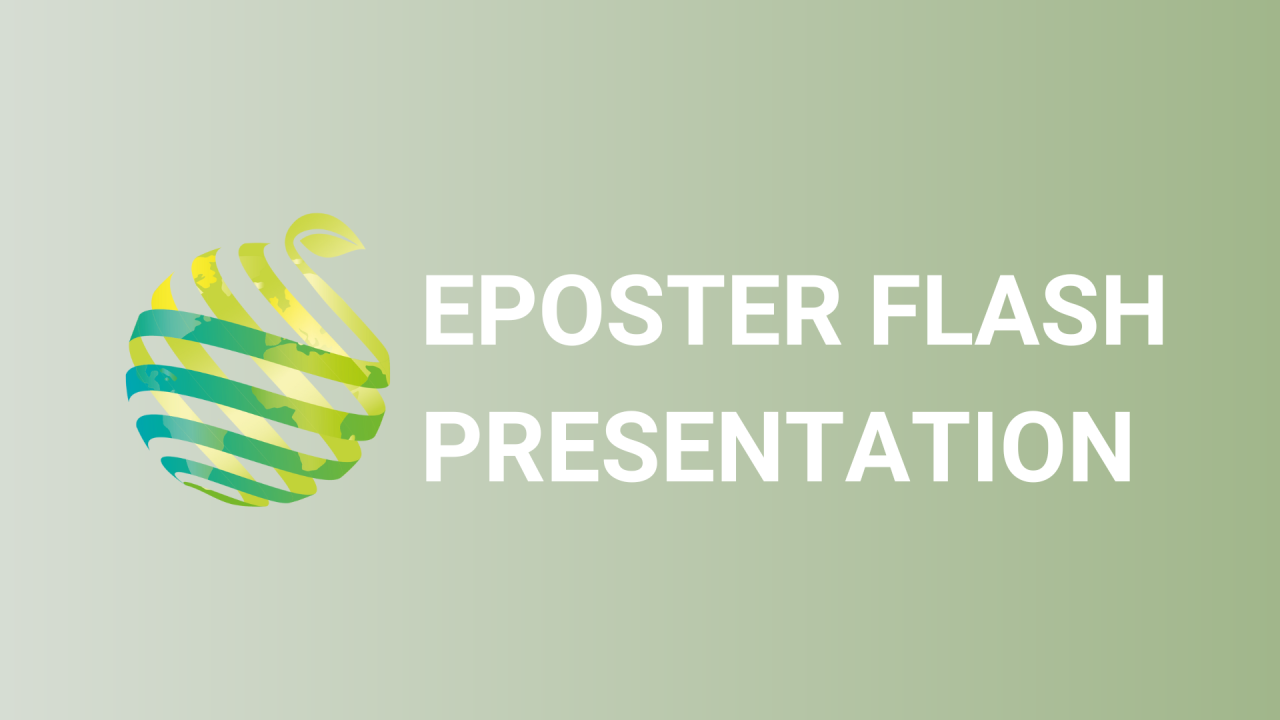

S16 - Session P3 - Evaluation of almond cultivars from an integrated pest management perspective
Information
Authors: Phoebe Gordon *, Bruce Lampinen, Luke Milliron, Roger Duncan, Dani Lightle, Joseph Connell, Raman Brar, Clarissa Reyes, Jacqueline Vasquez-Mendoza
An essential component of integrated pest management is the use of resistant or tolerant host plants. While these traits may not always be selected or bred for in cultivar development, they should still be evaluated when assessing a new cultivar for commercial release. Traits that may require significant pest management interventions increase costs for growers and may not be desirable. Twenty-six almond cultivars were evaluated in three commercial orchards in California. The cultivars were monitored for two key pest issues that stem from the fruits. The first is the presence of mummy nuts, which are nuts that are not removed at harvest. These mummies serve as an overwintering site for the most significant insect pest in California nut orchards, Amyelois transitella, and serve as a food source for first generation larvae. The second is hull rot, an infection of the hull by one or more fungi. This fungal infection causes no negative effect on the current crop but the fungi release toxins that may kill fruiting wood. There is a wide variation in the number of leftover nuts after harvest among the cultivars as well as susceptibility to hull rot. Cultivars that suffer from both may not be appropriate for commercial release.